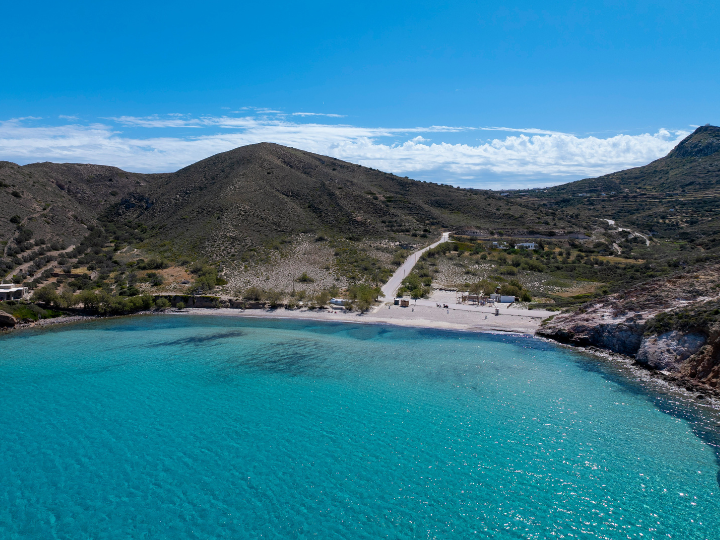by Georgi Gotev
The EU’s biggest islands, according to geography, are Ireland, with 84 thousand square kilometres, Sicily (25,000 sq. km), and Sardinia (24,000 sq. km). But it can be argued that the EU’s biggest islands are three other, much bigger territories.
Sicily and Sardinia are islands, but they are part of Italy and completely integrated into the EU and Schengen.
Ireland is a special case, because its largest part, the Republic of Ireland, is an EU territory (70,000 sq. km), but the rest – Northern Ireland (14,000 sq. km) – is part of the UK.
The Republic of Ireland, however, is not part of Schengen. The reason Ireland gave for not joining other EU states in forming the Schengen zone in 1985, was the existence of the Common Travel Area (CTA) with the UK, which would have disappeared if Ireland joined Schengen and the UK did not.
Cyprus is also an island (strictly speaking part of the Asian continent, not Europe), smaller than Sicily and Sardinia with only 9,000 sq. km. The Republic of Cyprus, an EU member, is legally obliged to join Schengen in the future, unlike Ireland which maintains an opt-out and operates its own visa policy. Cyprus however does not meet yet the requirements to join Schengen.
There are, however, bigger territories that are part of the EU, which are de facto islands when it comes to EU integration.
Bulgaria (111,002 sq. km) and Romania (238,397 sq. km), members of the EU since 2007, are obliged to join Schengen and wish so. Besides, both countries have covered all the requirements since 2011. But each time it came to decision-making, where the rule is unanimity, there was always a veto on behalf of one or more Schengen members, preventing them from joining.
Greece (131,957 sq. km) is a special case. It has been a member of the EU since 1981, and a full member of Schengen since 2007. But Greece does not have a land border with the rest of Schengen – and remains a de facto island.
Bulgaria and Romania, with a lot of effort, last year half-joined Schengen by their air borders only, meaning that travellers by plane no longer need to queue for passport control, but controls at the land borders between Greece and Bulgaria, and between Romania and Hungary, remain.
These land borders are a major bottleneck. According to the Romanian union of truck haulers, truckers usually wait eight to 16 hours at the border with Hungary, and from 20 to 30 hours at the Bulgarian border, with peaks of three days. Evaluations have been made in terms of impact on the environment, and they are not reassuring, to say the least.
Romania believes the country loses €10 billion a year because it is not a full member of Schengen. For the same reason Bulgaria, three times smaller in population believes its economy lost €1 billion last year.
Greece has not provided estimates, and its losses could be smaller, considering that the country, since ancient times, has been a maritime power, possessing a huge commercial shipping fleet. Greece remains the largest ship-owner country in the world in terms of tonnage.
But it too loses commercial opportunities when it comes to road transport, towards central Europe, which at least in theory should be competitive, compared to transport from Piraeus to the other side of Europe, to Rotterdam or Antwerp.
But maybe the Greek maritime sector prefers the status quo.
The fact is that Athens officially supports Sofia and Bucharest in their effort to break through the Schengen barrier, but has not been vocal about the issue.
Currently, only Austria represents an obstacle to Romania and Bulgaria’s full Schengen membership. The two countries unfortunately poorly coordinate their approach, Bucharest dangling threats to Vienna, while Sofia has preferred to “engage positively”.
If Greece, Bulgaria, and Romania do not want to remain an archipelago, it seems logical that they should speak with one voice, and urge the Commission to play its role and help solve the issue.
*first published in: Euractiv.com




 By: N. Peter Kramer
By: N. Peter Kramer
